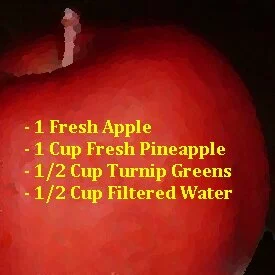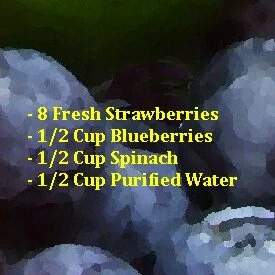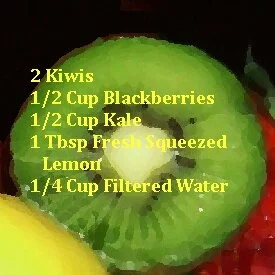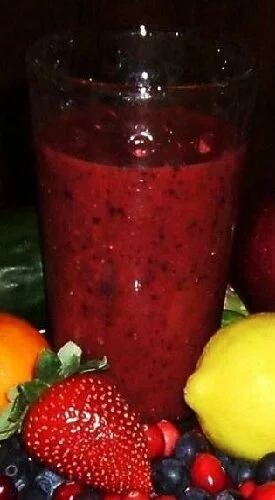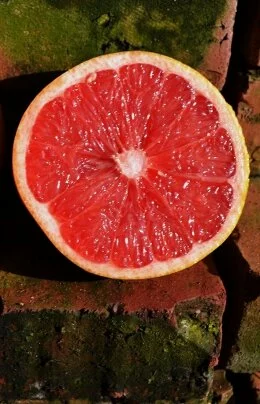Is There A Food Better Than Fruit?
Fruit
According to Frederic Patenaude, our instincts draw us to fuit which is naturally sweet and delicious. Ripe and juicy, fruits are a delight to the senses. While grains, legumes and dairy were first cultivated in the past 10,000 years, studies through anthropology have revealed that fruit has been a dietary choice for over a hundred thousand years.
He further provides the benefits of eating fruit:
* Natural sugar for energy.
* The best source of vitamins in any food.
* Antioxidant power
* Easy to digest due to digestive enzyme power
* Alkaline forming as opposed to the acid-forming meats, grains and processed food
* Abundance of pure water.
* People who eat lots of beautiful fruit live longer per a study published in the British Medical Journal (September 2001).
* Fruit contains fiber, which is necessary for optimum digestion.
Paternaude also recognizes that fruit doesn't combine well with other foods because fruit contains simple sugars that do not need to be digested. They will not remain in the stomach for an extended period as will foods rich in fat, protein and starch. Thus, eat fruit before a meal so it does not ferment and produce acidity. This practice has been advocated by natural hygienists.
Below are some calories of fruit which have the antioxidant power of vitamins A, C and E. Also they contain beneficial elements such as fiber, Vitamin B6, iron, folate and the minerals of calcium, phosphorus, magnesium and folate.
A bowl of cherries (about 50 cherries): 250 calories
1 pint of strawberries (100 calories)
15 apricots (250 calories)
3 mangoes (400 calories)
4 bananas (435 calories)
3 large oranges (250 calories)
2 pomegranates (200 calories)
1 large apple (125 calories)
4 apples (350 calories)
4 large persimmons (475 calories)
2 pears (200 calories)
1 large cantaloupe (285 calories)
1 pound of fresh figs (350 calories)
2 cups of grapes (225 calories)
2 apples (165 calories)
For more information on fruits and their nutritional qualities, consult his book The Sunfood Cuisine.
Fruit
Comments are closed.
